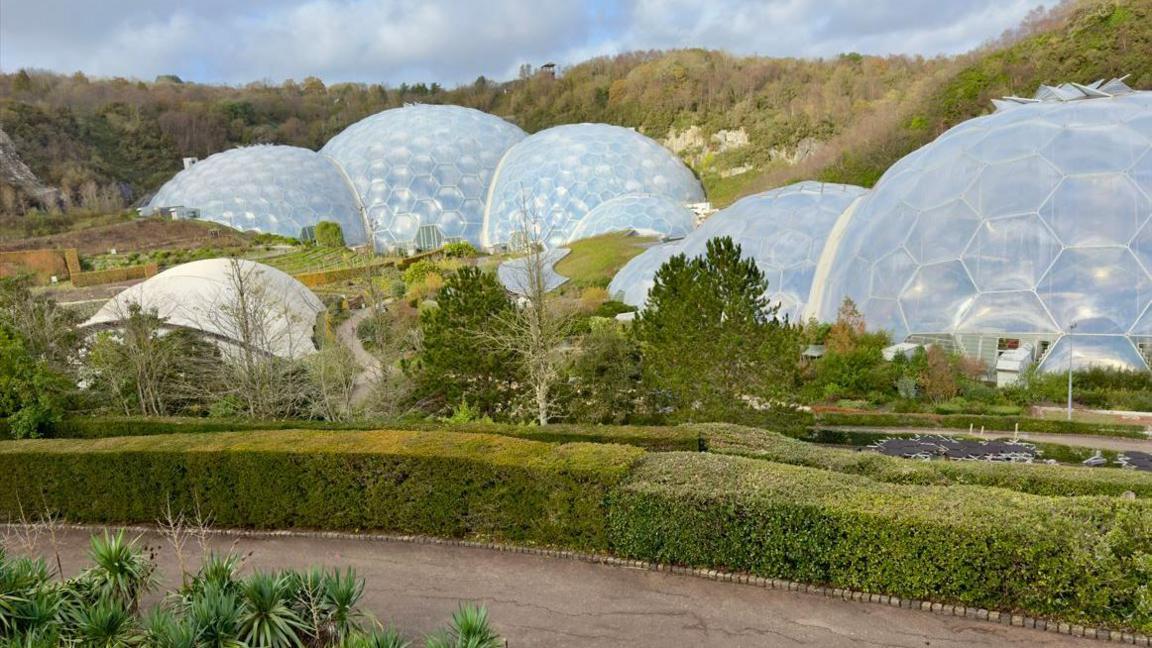'Terrifying times' as costs surge for attractions
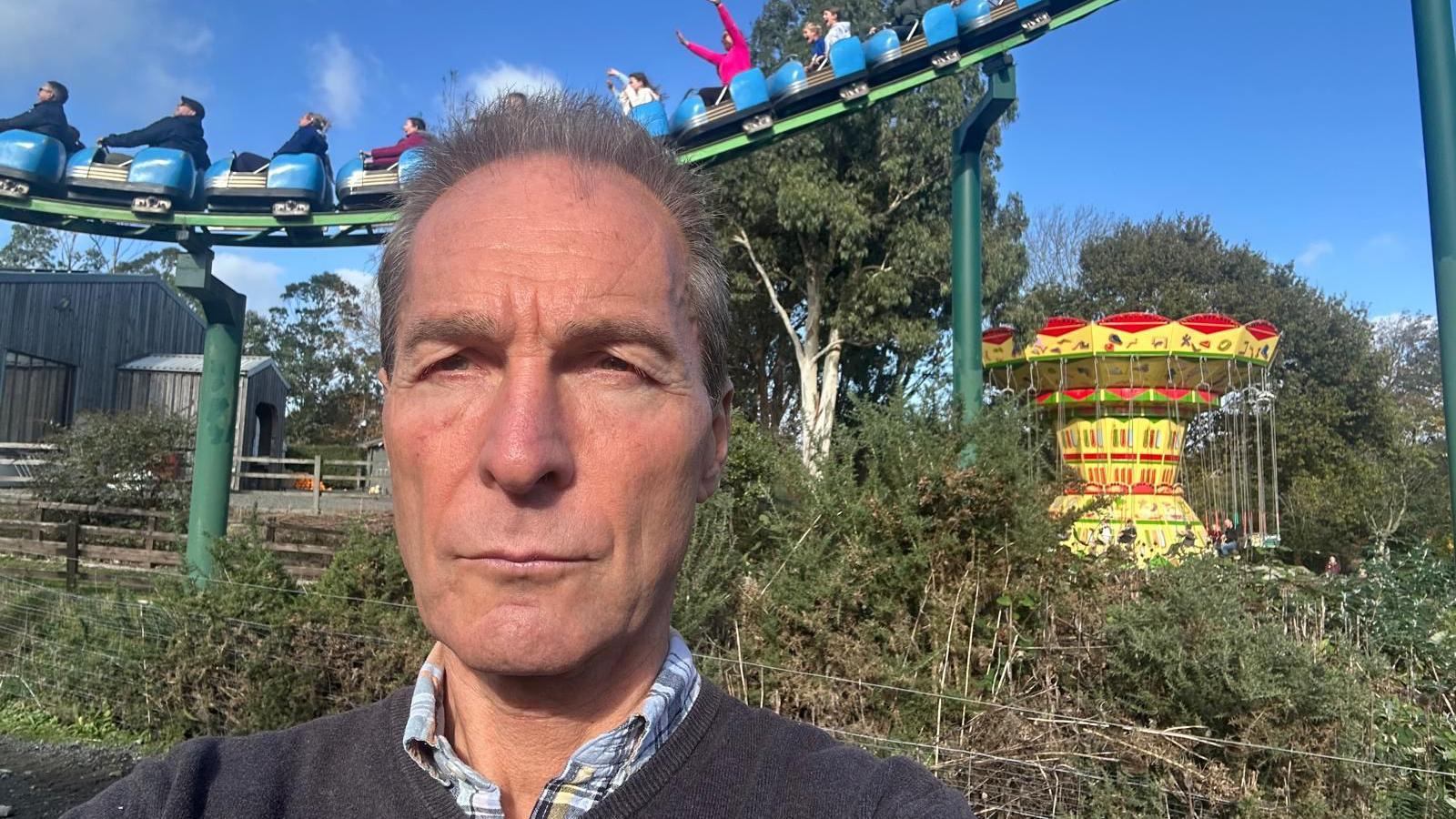
Rick Turner is urging visitor attractions to adapt to the economic climate or risk closure
- Published
Like the main attraction at his theme park, Rick Turner says it has been a "rollercoaster year" for the sector.
"Costs have increased massively," the owner of The Big Sheep in north Devon said, reflecting on the state of the region's visitor attractions.
"It's terrifying times."
Mr Turner, who is also the chairman of Devon's Top Attractions, said "there will be more closures" unless firms adapted to the reality of rising costs combined with challenging visitor numbers.
It has been a bleak year for the region's visitor attractions after 75 people lost their jobs at The Eden Project in Cornwall as part of cost-cutting measures, while questions remain over the futures of Paignton and Newquay zoos, which are both up for sale buy their joint owner.
Earlier this month, Axe Valley Wildlife Park announced it was closing after 17 years - blaming "difficult" times for businesses.
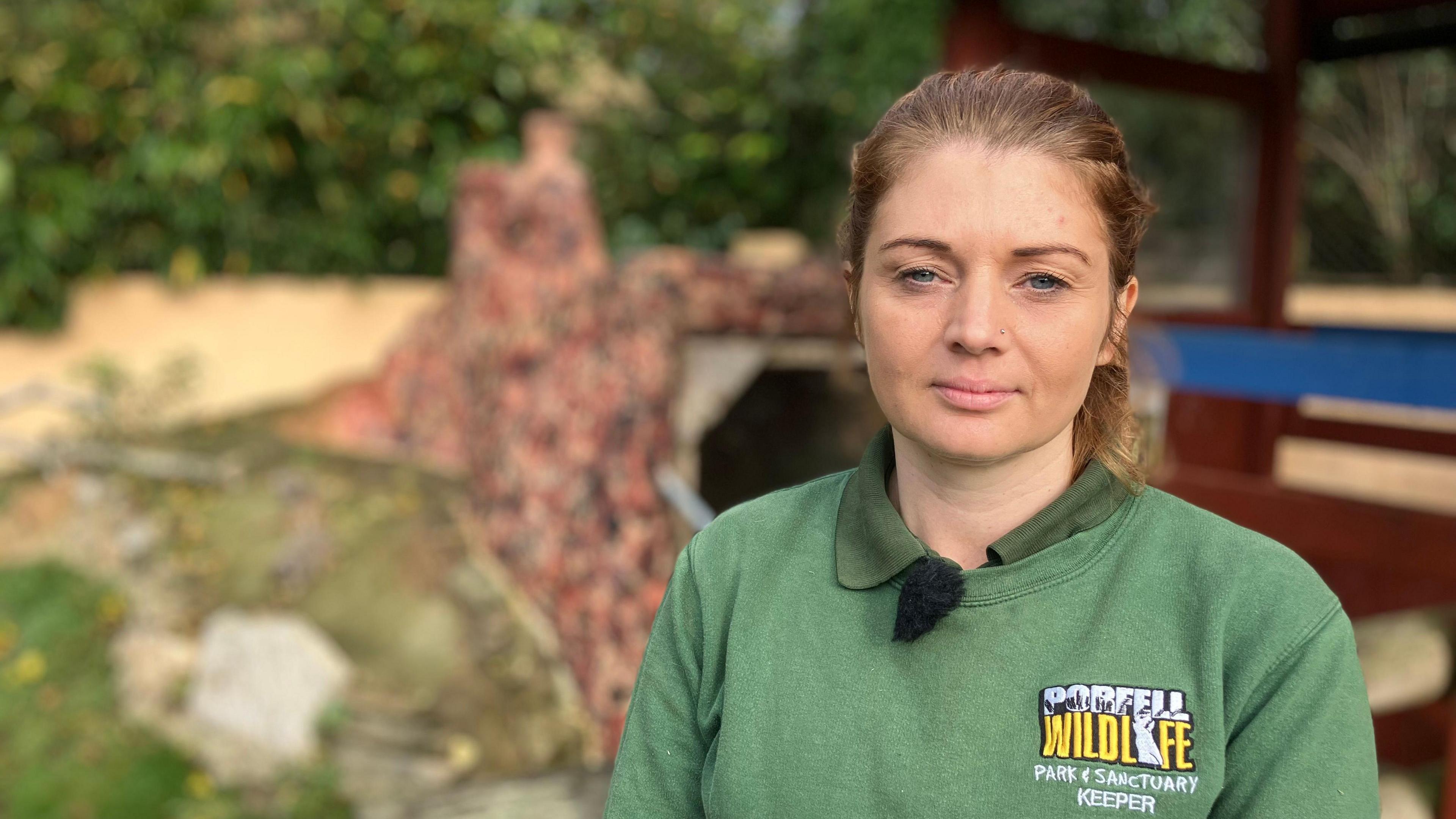
"It's scary," said Michelle Palmer from the Porfell Wildlife Park and Sanctuary
Speaking about the financial situation facing small attractions, Porfell Wildlife Park and Sanctuary keeper Michelle Palmer said the monthly electricity bill for the attraction near Liskeard in Cornwall could hit up to £3,000 in winter.
"It's scary," she said.
"We're hearing about other attractions shutting down around us, but we're doing our best to carry on."
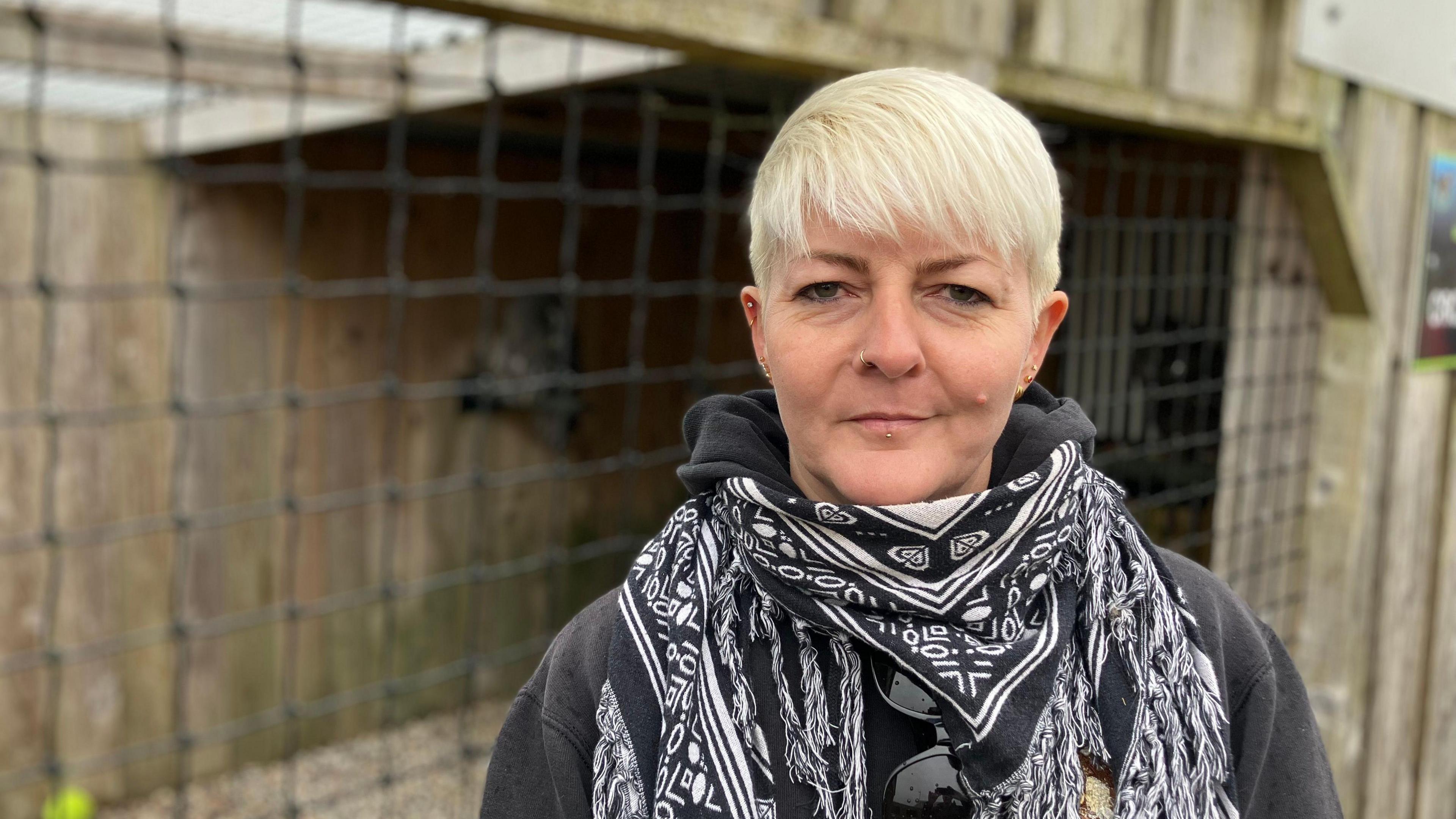
"We've got a lot of mouths to feed," said Kelly Grigg of the Cornish Bird of Prey Centre
Kelly Grigg, the owner of the Cornish Bird of Prey Centre at Winnard's Perch, said: "Everything is going up: the electric, the rates, the water.
"I'll do everything I can to get through another winter, but I am worried."
The attraction has more than 100 birds, along with alpacas, ducks and geese.
"For businesses like ours, we've still got a lot of mouths to feed," she said.
"Half-term is really important, as it's the last bit of money we'll get before we close for the winter."
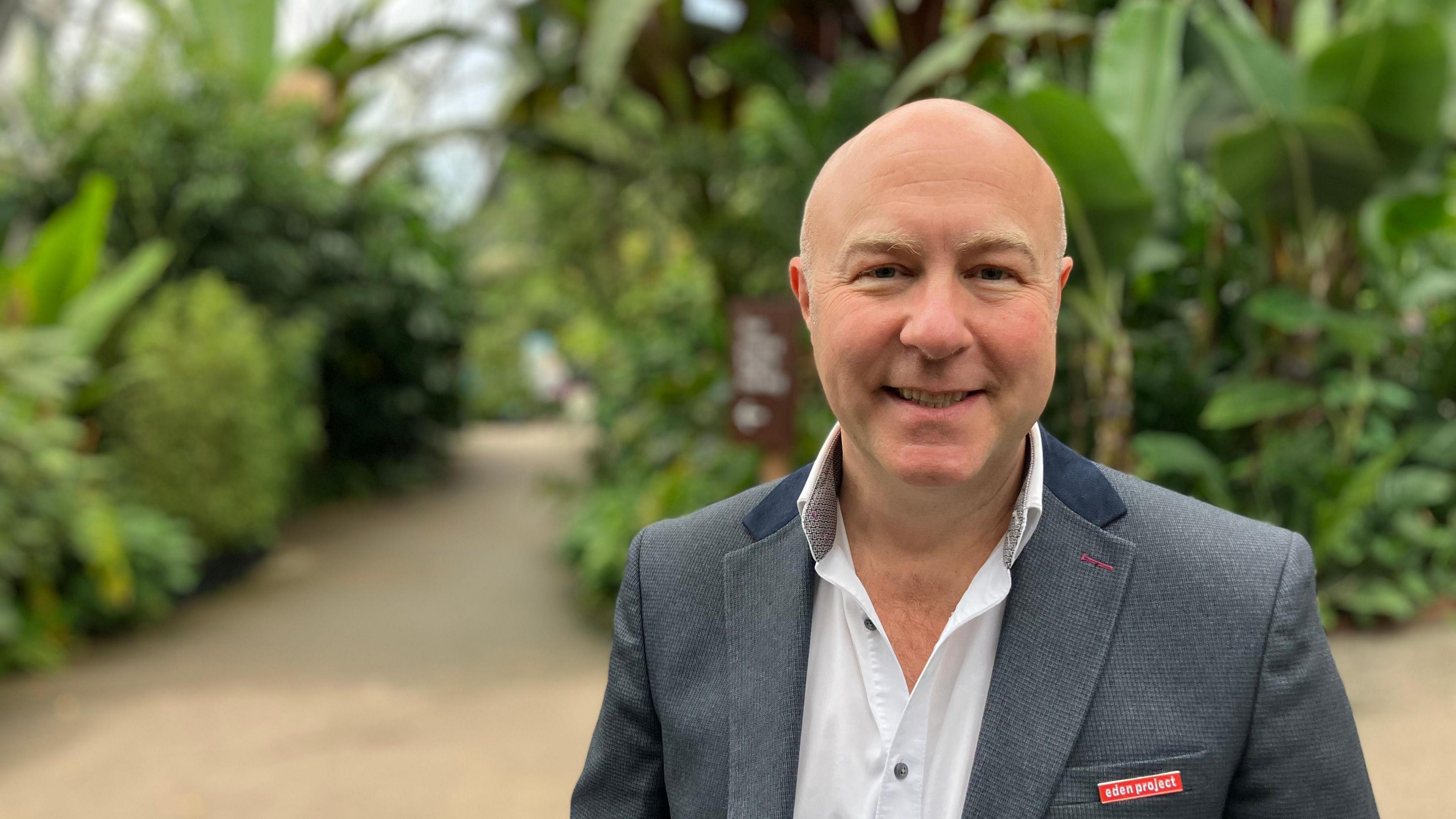
Eden Project chief executive Andy Jasper said the attraction had stabilised after cutting jobs
Eden Project chief executive Andy Jasper said it was a "tough economic climate" even for the South West's most visited attraction.
The site cut jobs earlier this year to help reduce costs.
"We did have to make some tough really difficult decisions," Mr Jasper said.
"That's allowed us stabilise the organisation and invest in the things that visitors want.
"It's fundamental we look at what we are doing to ensure that everything from the visitor experience, to the plant collection and the events we put on are world class.
"For us, that's paying off. We've had a very strong Easter and a very strong summer."
For Mr Turner, adapting is key.
He said wage increases and changes to National Insurance contributions for employers announced in the last budget had contributed to the urgency of the situation.
"The old model isn't going to work in the future," he said, referring to year-round trading hours.
"Attractions need to look at how they reduce their costs, reduce their staffing, look at which days they are open."
Follow BBC Cornwall on X, external, Facebook, external and Instagram, external. Send your story ideas to spotlight@bbc.co.uk, external.
- Published10 October

- Published26 September
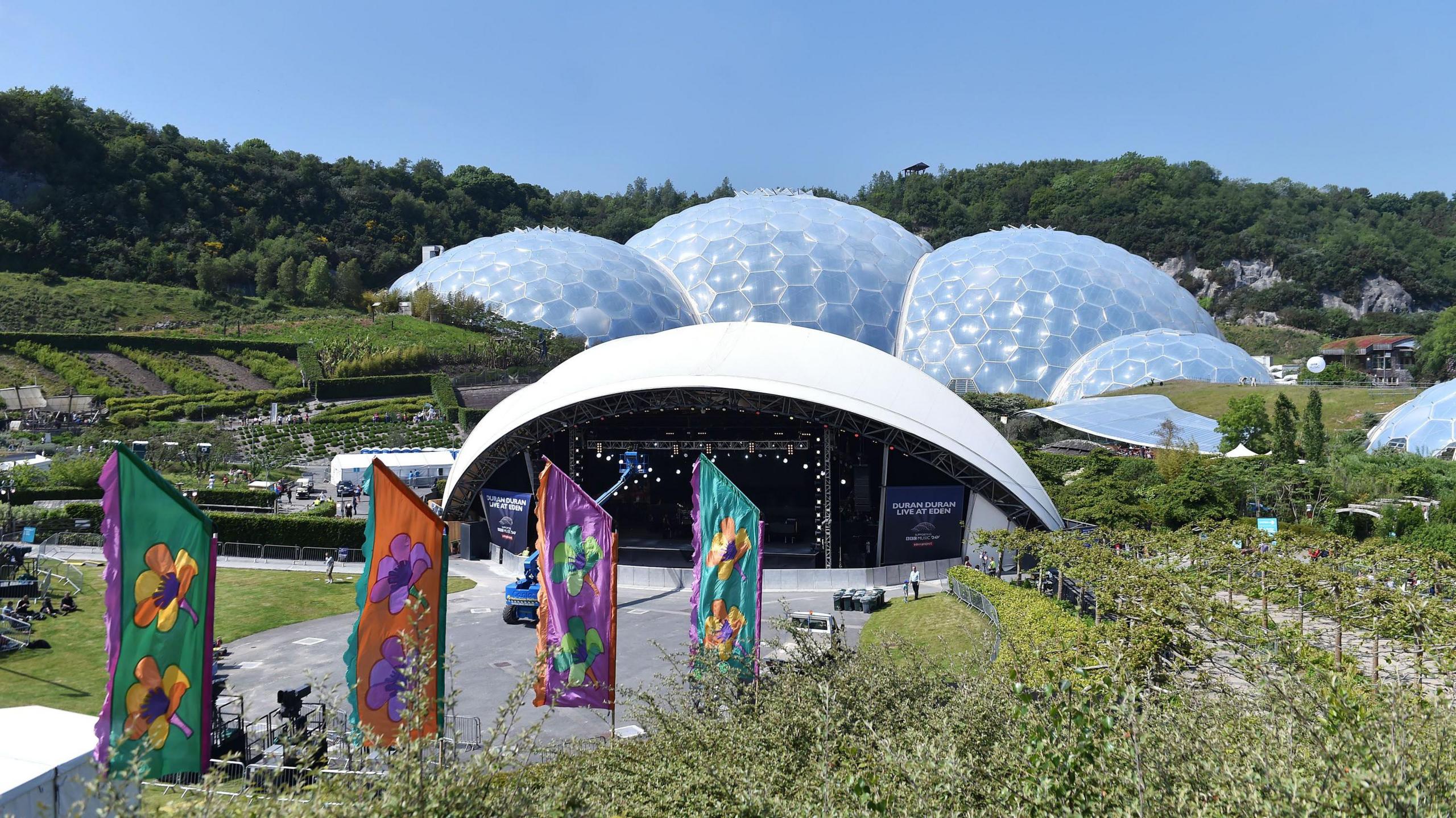
- Published21 March
